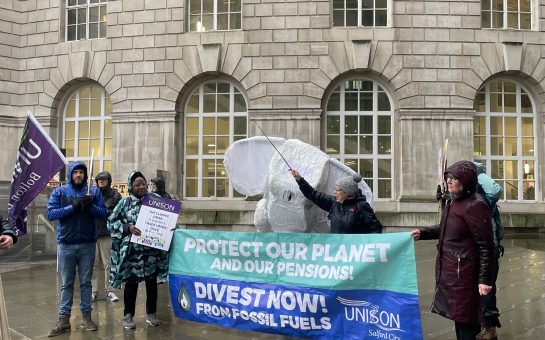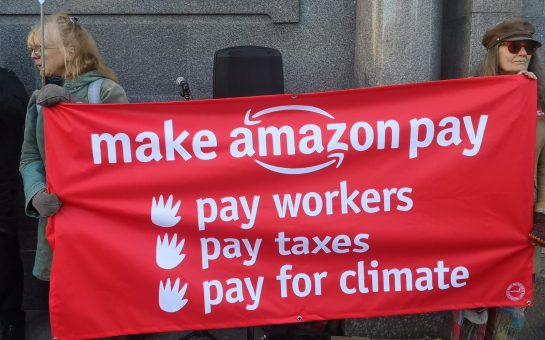Scientists from The University of Manchester will be getting the insect repellent ready and screaming ‘get me out of here’ as they venture into the Amazon rainforest to conduct pioneering research.
The intrepid explorers will be teaming up with colleagues in Brazil to study how gases released from trees could help predict climate change.
Dr James Allan and his team from Manchester’s School of Earth, Atmospheric and Environmental Sciences, expect to achieve the breakthrough by using a new kind of equipment that can record emission levels more accurately.
The partnership, in collaboration with the University of Sao Paulo, will look at tiny atmospheric particles, known as aerosols, which are emitted naturally from the tropical foliage to form a haze.
This then reflects sunlight into space and can partly offset the warming effect of carbon dioxide and other greenhouse gases which can complicate climate change predictions.
Dr Allan, a Senior Research Fellow, said: “Atmospheric particulates, or aerosols, have been consistently identified by the Intergovernmental Panel on Climate Change (IPCC) as the largest source of uncertainty when trying to predict trends in climate change.
“They come from a variety of sources, including man-made ones such as fires and fossil fuel burning, but are also produced through natural processes.
“While similar measurements have been performed by other groups in temperate and boreal forests, this will be the first time that such a measurement has been performed in the tropics.
“This is important because tropical forests play a large role in local and global climate, but emit a very different mixture of organic gases to those at higher latitudes.”
The trip is part of an international research agreement between the two universities who will use the new technology, Filter Inlet for Gases and AEROsols Chemical Ionisation Mass Spectrometer (FIGAERO-CIMS), to carry out their study.
“Work to understand these processes will contribute to our ability to better predict the shifts in weather and climate that will take place in a changing world,” added Dr Allan.
Funding for the project is from a joint agreement between Fundaco de Amparo a Pesquisa do Estado do Sao Paulo (FAPESP) and The University of Manchester to provide support for academic staff that are currently collaborating, or wish to collaborate, with researchers in the State of Sao Paulo.
Image courtesy of CIAT, with thanks


